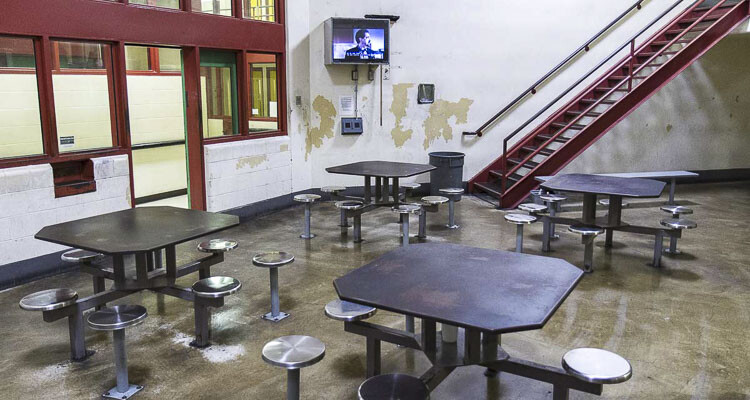
Attorney General Bob Ferguson said that ‘collecting the DNA of thousands of serious offenders will help us solve more cold cases’
TJ Martinell
The Center Square Washington
The Washington Attorney General’s Office announced it has collected the DNA of more than 2,000 violent and sex offenders through a project started four years ago.
Under state law, convicted felons and certain gross misdemeanor offenders must provide a DNA sample. The AGO works with local law enforcement to obtain DNA from offenders who owe a sample but fail to provide it, as there is no centralized system or process. According to the AGO, there are thousands of offenders are living in the state who owe a DNA sample but have not provided one.
Of the 2,061 DNA samples submitted in four years to the Combined DNA Index System, or CODIS, since the project started, 76 have resulted in a “hit” where the DNA in the database matches that of an offender.
In a press news release, Attorney General Bob Ferguson said that “collecting the DNA of thousands of serious offenders will help us solve more cold cases. This work makes communities safer and sends the message that we will use every tool at our disposal to bring justice to survivors and victims of these devastating crimes.”
This session the legislature passed House Bill 1028, which was requested by the AGO. One of its provisions sets up protocols for collecting DNA samples within a certain time period once an offender is convicted, including a court compliance hearing if it is not collected before the offender’s release. The bill was based in part on recommendations made by the AGO’s Sexual Assault Forensic Examination Advisory Group.
In a letter to judges across the state, Ferguson wrote that “my office’s efforts address only part of the problem. We also need to prevent the backlog of offenders who owe a sample from growing by ensuring that offenders submit a sample at or near the time of sentencing.”
This report was first published by The Center Square Washington.
Also read:
- Stephen Davis brings his message of unity with Turning Point USA presentation in VancouverStephen Davis of Turning Point USA visited Vancouver to share a message of unity and faith with students and families.
- Cardinals elect American pope to lead Catholic churchRobert Francis Prevost becomes the first American elected pope, taking the name Leo XIV following a fourth-round conclave vote.
- Camas Police arrest robbery suspectCamas Police arrested a 19-year-old Vancouver man following a reported armed robbery early Thursday morning.
- CCSO deputy involved in deadly force incidentA CCSO deputy reported fatally stabbing a DUI suspect during an altercation at the Ridgefield WSP Scale House.
- Opinion: Revolution or revival?Nancy Churchill argues that Washington state is ground zero for a Marxist-style revolution but says a cultural revival is possible through personal responsibility and the America First movement.
- WA governor pressed to veto $1.8B piece of Democrats’ tax billGrocers and restaurateurs are urging Gov. Ferguson to veto a surcharge in HB 2081 that they say will raise food prices statewide.
- CCSO makes arrest in attempted kidnapping investigationA 31-year-old Vancouver man has been arrested in connection with an attempted kidnapping involving a teenage girl near NE 149th Street.











